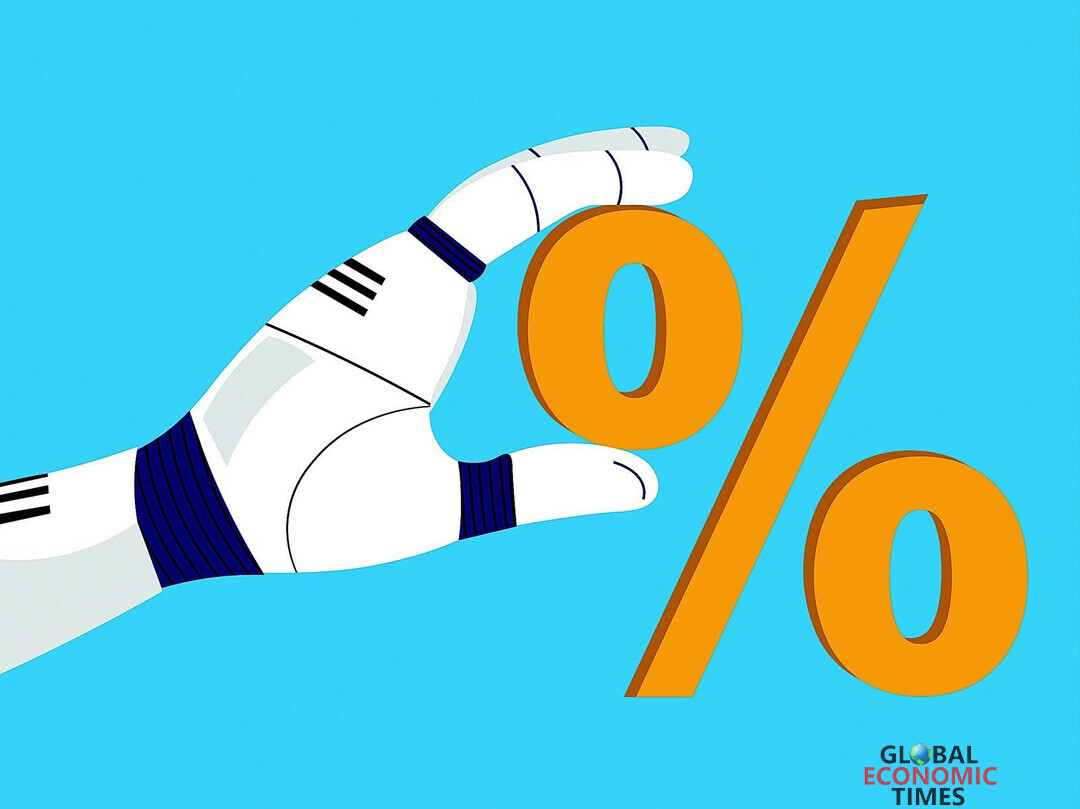
A Nobel laureate in Physics, a philosopher, and a psychologist walk into a classroom—not for a punchline, but to teach a new way of thinking essential for navigating our complex, information-saturated world. This is the premise of "Next Thinking" (or "Third Millennium Thinking: Creating Sense in a World of Nonsense"), a new book that argues scientific reasoning, rather than instinct, is the key to making sound, rational decisions in an age of abundant information and rampant misinformation.
Based on a highly popular course at the University of California, Berkeley, the book, co-authored by Nobel laureate Saul Perlmutter, philosopher John Campbell, and social psychologist Robert MacCoun, provides a 'problem-solving practical thinking' toolkit. It champions an approach that prioritizes evidence and probability over gut feelings and absolute certainty, equipping readers to separate the meaningful 'signal' from the overwhelming 'noise' in data.
Embracing Probabilistic Thinking to Lower Risk
The central pillar of this "new thinking" is Probabilistic Thinking. Instead of making binary, all-or-nothing judgments, the book encourages the habit of quantifying uncertainty by assigning numbers or probabilities to potential outcomes.
For example, a vague statement like, "There will be an earthquake," holds little value compared to, "There is a 72 percent probability of a magnitude 6.7 earthquake in the San Francisco Bay Area within the next 30 years." This quantified expression provides a wealth of information that allows for informed, proactive decision-making and better risk management. This mindset reframes uncertainty not as a paralysis-inducing obstacle, but as a condition one can work with productively. A person employing this thought process isn't crippled by the fear of a bridge bolt failing; they calculate the probability of failure, reduce it to an extreme minimum, and proceed with construction.
This approach is particularly critical in complex situations, such as an emergency medical decision. The authors illustrate this with a scenario where a patient faces a critical heart problem with two possible, life-altering diagnoses (Scenario A requires surgery; B needs only medication). In a rational society, the decision isn't put to a democratic vote among the populace, but is instead delegated to medical experts. This highlights the necessity of relying on specialized, scientifically grounded knowledge over unqualified majority opinion to minimize risk.
Tools for Practical Scientific Thought
Beyond probabilistic thinking, the book introduces other practical scientific methods applicable to daily life and complex global challenges:
Distinguishing Signal from Noise: Learning how to refine data analysis to increase accuracy and avoid biases, a skill crucial in an era plagued by misinformation.
Fermi Estimation: A technique for approximating complex quantities by breaking a large problem down into smaller, more manageable parts, making rough but informed guesses for each piece, and then combining them to reach a reasonable estimate. This method, often called "back-of-the-envelope calculation," helps in solving problems where limited information is available.
The Power of Scientific Optimism
While scientific thinking provides the strategy, the authors argue that Scientific Optimism provides the necessary fuel for tackling humanity's most intractable problems.
Issues like the climate crisis, the ethical challenges of Artificial Intelligence (AI), and political polarization seem insurmountable today. However, just as the centuries-old mathematical problem Fermat's Last Theorem was eventually proven by one determined mathematician after years of collective effort, the authors maintain that persistence is key. This 'can-do' attitude is not a naive belief that science is always right, but a psychological trick and a commitment to iterative progress—treating every failure as a clue to refine the approach.
Ultimately, the strategies presented in "Next Thinking" are designed to be powerful tools, or 'weapons,' for making important, evidence-based choices in both individual lives and collective societal endeavors.
[Copyright (c) Global Economic Times. All Rights Reserved.]



























